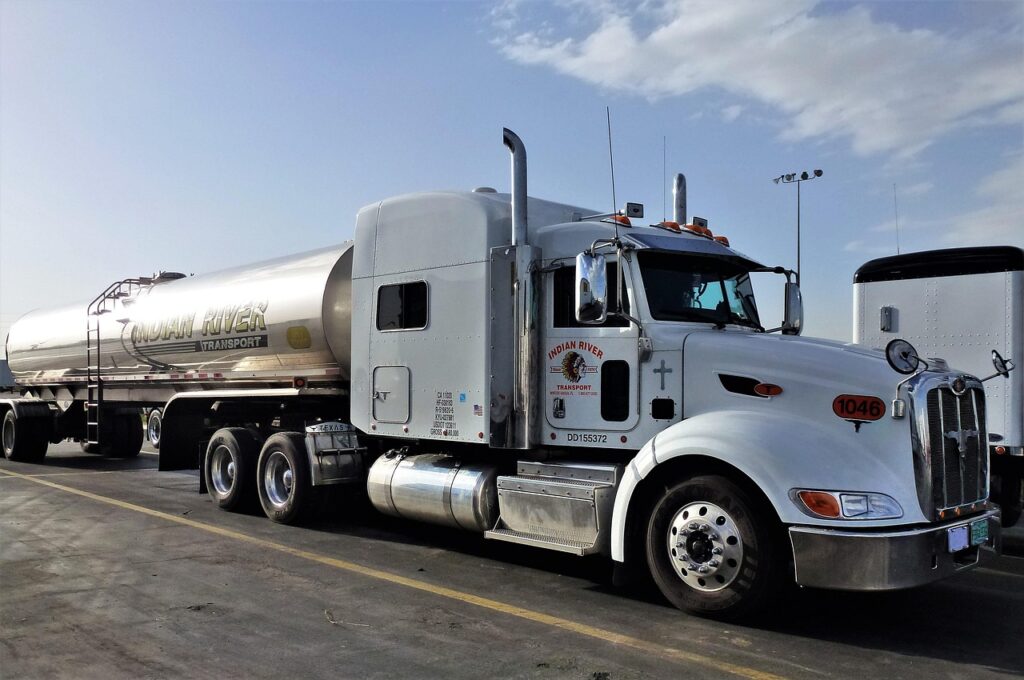Now Reading: Common Injuries that Qualify for Worker’s Compensation
-
01
Common Injuries that Qualify for Worker’s Compensation

Common Injuries that Qualify for Worker’s Compensation
Work injuries can be frustrating and extremely painful. However, if you’ve recently suffered an injury, you shouldn’t have to worry about paying your medical bills or collecting lost wages. Worker’s compensation provides financial benefits like short and long-term disability to employees who get injured while at work.
Several types of injuries can be sustained while working, but only a few qualify as work-related and can be compensated through worker’s comp insurance. Below, we’ll explore some of the common injuries that may be eligible for worker’s compensation.
1. Head and Brain Injuries
The most common head and brain injuries include concussions, post-concussion syndrome (PCS), and traumatic brain injury. This can occur in any job where you might be at risk of hitting your head. Construction workers, police officers, athletes, and military personnel are the most likely victims of such an injury. If you have suffered a concussion, PCS, or another type of head and brain injury, you shouldn’t hesitate to see a doctor and contact a South Carolina work injury lawyer or from which location you are in, for further assistance.
2. Chemical Exposure Injuries
Exposure to chemicals and hazardous substances at your workplace can cause many illnesses and injuries, including skin disorders, respiratory issues, muscular trauma, rashes, and chronic fatigue syndrome. If you were injured following a chemical exposure or toxic agents in your work environment, you might be entitled to worker’s compensation benefits.
3. Slip and Fall Injuries
Over 47% of worker’s compensation claims are usually from employees suffering from slip and fall injuries. These injuries are most common in areas where there’s a great deal of foot traffic and poor lighting, such as bathrooms and public entryways. If you suffer a severe injury due to a slip or fall at work, whether it’s a broken wrist or worse, you can claim worker’s compensation. Even if you weren’t working when you fell, your employer might still be liable. However, you must prove that:
- Your employer/supervisor knew or should have known of a dangerous condition
- It was possible to eliminate or reduce risks of slipping and falling
- You didn’t intentionally cause your fall (like by trying to jump from one surface to another)
- You suffered compensable injuries
4. Transport-related Injuries
If you have suffered a transportation-related injury while on duty, you may be eligible for worker’s compensation. If you’re seriously injured while driving a company vehicle, riding in a company motorcycle, or any other type of transportation-related to your job (such as using heavy machinery or loading/unloading heavy products), your employer must provide coverage.
5. Burn Injuries
A burn injury involves damage to your skin caused by fire, heat, or friction. Burns can be mild and may only require first aid treatment, but more severe burns usually need medical care. These are considered burn injuries that qualify for worker’s compensation as long as they occur on the job. Understanding which burns qualify can help ensure you get what you deserve after an accident at work.
Endnote
If you work in an office, construction site, or factory, there’s always the risk of injuring yourself on the job. Whether from heavy lifting, slipping and falling, chemical exposure, or taking an object to the face, a work injury can occur anywhere. Understanding the worker’s compensation facts and types of burns that qualify can help ensure you get what you deserve after an accident at work.









